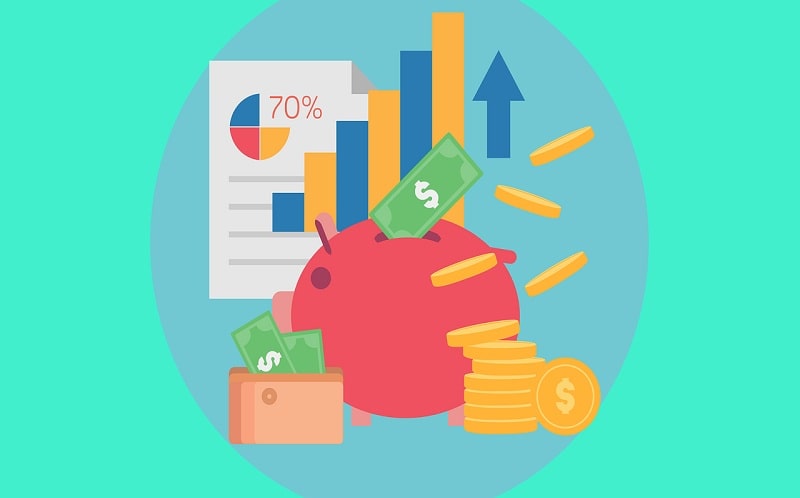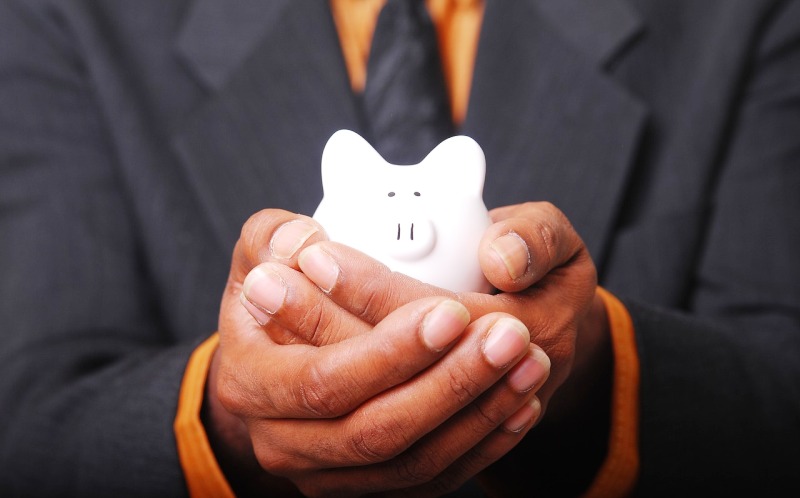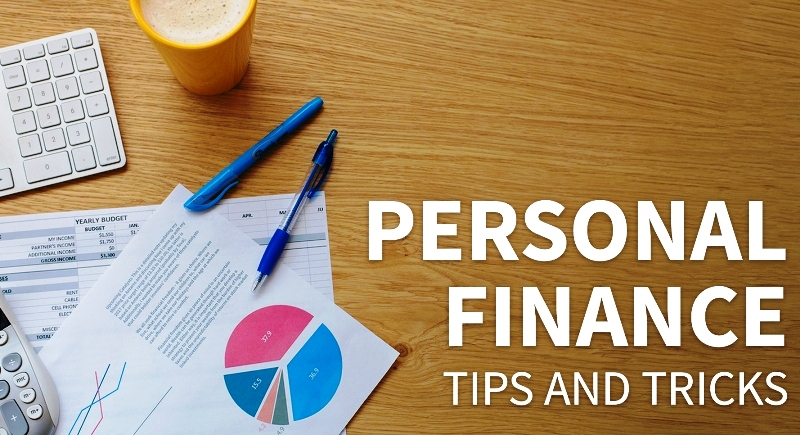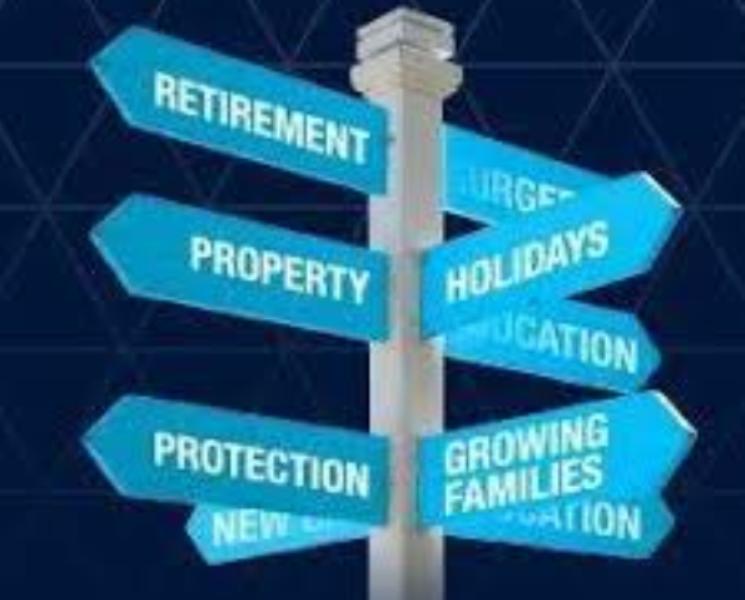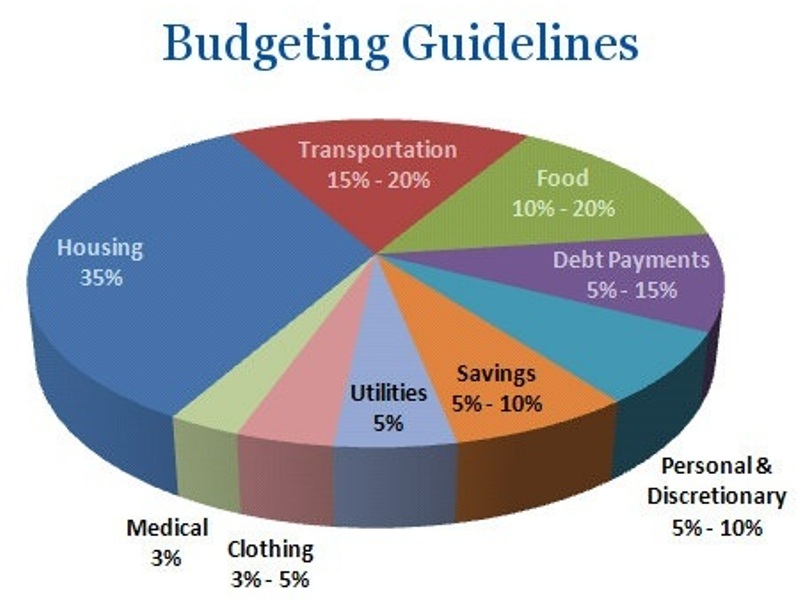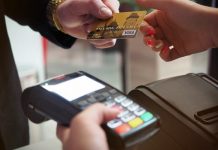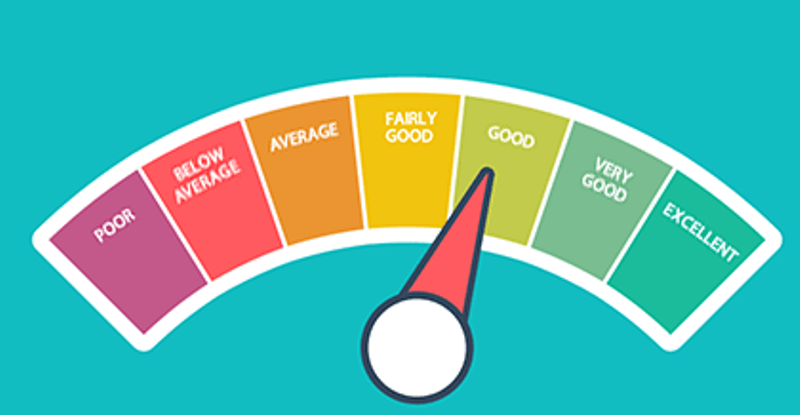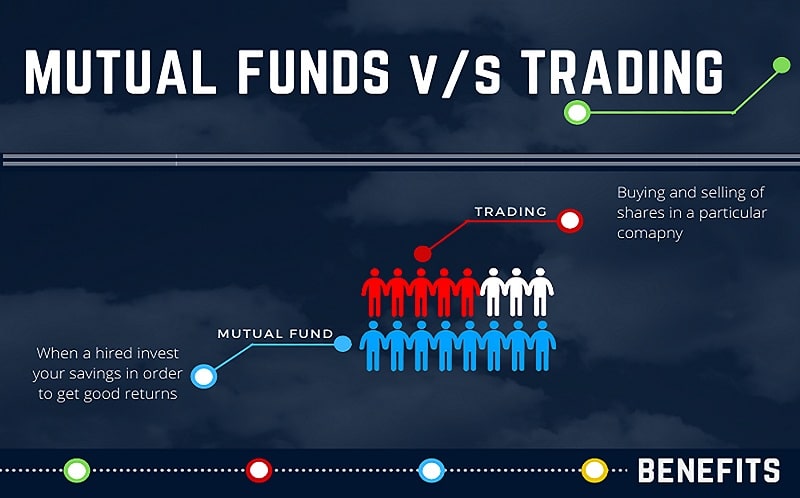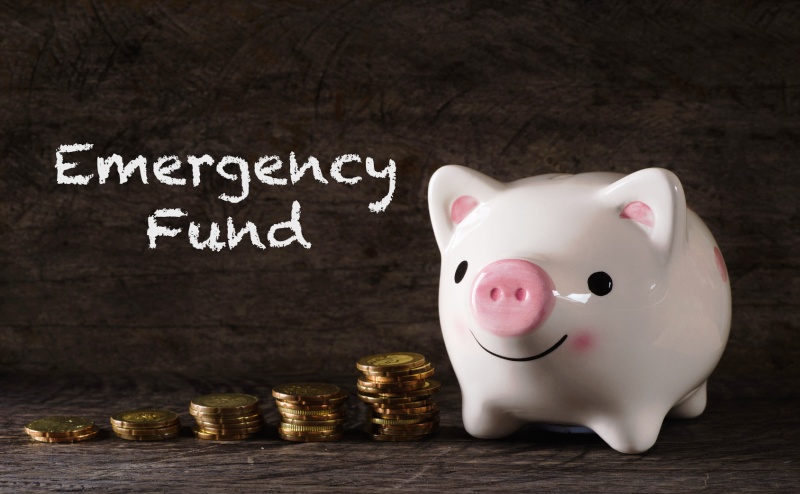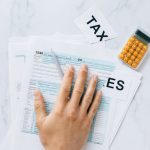An emergency fund is very useful when unplanned and unexpected expenses arise. It is always wise to have some money hidden for a rainy day as an emergency fund may supplement any temporarily lost income or may be used for a rare/unexpected purchase. As a rule, financial experts recommend that an emergency fund should be able to cover three to six months of the cost of living. The purpose of an emergency fund is to have money in the event of an unplanned event such as dismissal or unforeseen medical expenses.
True emergencies
It is important to be able to distinguish between a real financial emergency and a situation in which it is not. The more financially comfortable you are, the more scope you can have with the use of your emergency fund. If you are a two-car household and a car needs a new alternator, it may be more appropriate to use your backup power source to replace the alternator than to force yourself into a cumbersome schedule.
Here are a few examples of things that are okay with raising the emergency fund:
• Make ends meet if you are unemployed
• Medical and dental emergencies
• Basic car repairs
• Critical repairs in the house
• Unexpected tax bills
• Recovery from a natural disaster
Here are some examples of things you should not spend your emergency fund on:
• New clothing
• Toy
• Sports Playoffs Tickets
• The tropical vacation you deserve
• A down payment on a home
• A wedding
Why it’s so crucial
• When an emergency occurs, if you do not have an emergency fund, the first thing that will be deducted from your budget is your debt repayment. An emergency fund prevents the need for credit to pay emergency expenses.
• If unexpected things happen, you do not have to continually readjust your budget to pay for these things. With an emergency fund, budgeting is much easier.
• If you live on payroll, there will come times when you have to pay a bill late or be overdrawn into your bank account. With an emergency plan, you avoid these financial worries.
• If you can get a month in advance, your financial worries will go down a notch. Instead of always catching up, you can pay your bills well before and relax.
How much to save
First, you need to calculate your monthly living expenses. Depending on the financial expert you choose, you should decide to save between three and 24 months on living expenses in your emergency fund. Within this guideline, there is even more scope for interpretation. Some people say that you only need a certain number of months of basic living expenses – to cover things like your rent or mortgage, utility bills, and groceries – while others advocate having enough to live the usual life out of the pressure Situation and keep your mood.
How to raise your emergency fund
You can start by collecting your bank statements and credit cards to see if some current expenses are useless. Cancel all unnecessary services. The principle is to manage your budget in order to have enough money on hand and put a reasonable price on your emergency fund.
Start with very little
If you do not have a lot to save, it does not matter – the important thing is to start. This will slowly grow with each payroll, and you’ll be happy to see your savings grow.
Reduce an expense, save money
Look at how you are spending money now, and find things that can be reduced. Buying magazines, gourmet coffee, comics, cable TV, and gadgets whatever you wish to reduce.
Stop smoking or drinking
If you are well addicted to any such bad habits like smoking, drinking and drugs then you should immediately stop these addictions because at the end of the month/year you can save real cash way more than your thought.
Freelance
Take your skills and sell them as a freelancer, or get a second job next door. Take the extra income and deposit it at the bank. It is one of the strategies, and it works perfectly.
Limit your access
If you are tempted to spend your savings, you should put them in an account that is difficult for you to access. Put your savings on an ELP or life insurance.
Payroll deduction
If you have discipline issues, there are accounts where you can have the amount to save deducted directly from your paycheck, before it is deposited into your bank account.
Treat it as an invoice
Every payday, you have a list of bills to pay before you can spend your money on various expenses such as gas, groceries, or food. Well, add the contribution of your emergency fund to your list of bills, and pay for it at the same time.
Save your currency
Do not spend any coins you get. When you come home at the end of the day, empty your pockets in a jar, and once a month, go to the bank and put them in savings. This can increase faster than you think. If you get a Christmas bonus, or a tax refund, or other similar deals, put them directly in the bank and do not spend them. Use them for your emergency fund. Now start paying off your debt
Conclusion:
An emergency fund serves as a safety net in which one can afford to pay for necessities of life that cannot be achieved by current sources of income. It is advisable to invest emergency funds in a liquidity-efficient investment option. In other words, in an emergency, you should be able to access the fund quickly and cheaply. This means that you want to select investment options that are not subject to high fees or that provide a cost-effective upfront payment. This excludes long-term investment opportunities (because of the time period) or mutual funds (because of the fees and the risk).





